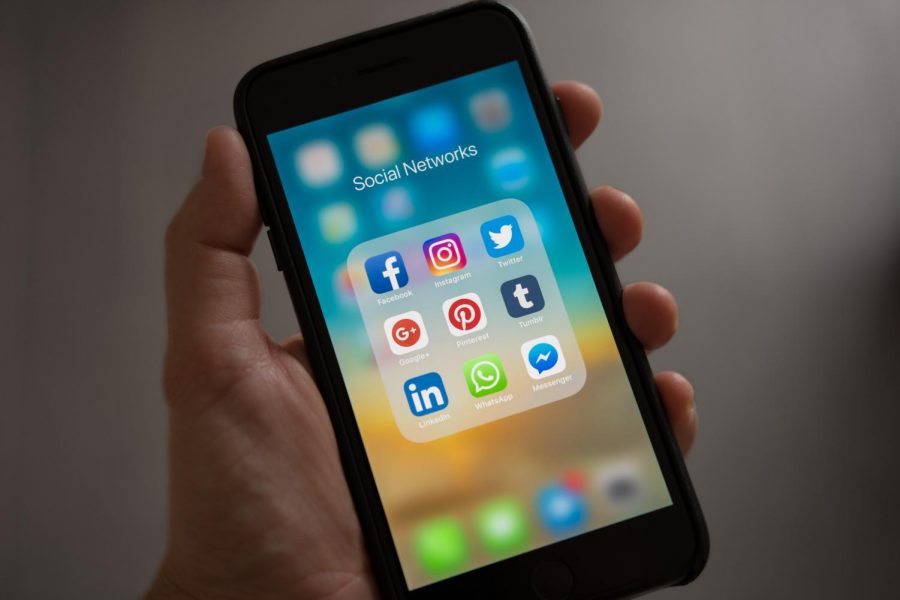Accountability is not censorship
Photo courtesy of Tracy Le Blanc on Pexels
In the aftermath of the insurrection, social media platforms have suspended accounts encouraging violence.
February 12, 2021
As the world watched the attempted insurrection of the United States Capitol last month, we anxiously waited for a response from then-President Trump. Many hoped that Trump would condemn the violence but ended up disappointed when he did not do so.
Instead, Trump labeled the insurrectionists as “special” in a tweeted video while also assuring them that they were loved. This, alongside other tweets that were deemed dangerous, forced several social media companies to ban Trump from using their platforms.
Trump’s suspension also led to media companies banning other accounts that did not fit within their community guidelines. This included those who encouraged further violence or frequently posted baseless conspiracy theories.
As expected, some conservatives believed that these actions obstructed their rights under the First Amendment due to freedom of speech. This is simply false.
Since the United States runs as a free market, industries are privatized and operate under their own regulations. This rule does not exclude social media platforms.
Platforms such as Twitter, Instagram and Tik Tok make this clear before one can access the apps’ content. When making a social media account, industries have users accept their terms and conditions before completing registration. Whether people read them is not their concern.
Additionally, it is actually hard to have an account removed, as community guidelines are rather vague when addressing their violations.
Throughout the past year, I have reported several accounts that consistently post about hate. To this day, none of them have been removed because their posts and comments are not deemed hateful enough. These social media accounts must have been inciting extreme violence for them to be removed without warning.
Ultimately, social media companies have every right to ban anyone that breaks community guidelines because the user should have been aware of what they signed up for.
Being banned from a platform for hate speech is not censorship, it is being held accountable for your actions.
In terms of the First Amendment, freedom of speech is not a valid argument for being entitled to a social media account. In fact, being banned from them is letting those users off easy, as some of their comments could enact criminal prosecution.
Just like yelling “fire” in a movie theatre is a crime, expressing desires for extremist violence or planning a coup on a public platform are also prosecutable offenses.
I think these actions would have never had to happen if social media companies had taken down these accounts way before the attempted insurrection last month. Threats on the capitol had been happening for weeks before the riot occurred, yet they were apparently not taken seriously by the FBI. These types of posts were on several platforms.
Not to mention, the insurrection attempt was thoroughly planned on the app Parler. Users explicitly posted how they planned to commit acts of violence in the name of the former president.
Had those threats been taken seriously, it is possible that Trump would not be in the middle of a controversy that solidifies his and his followers’ legacies. This is a lesson we as a nation will keep with us.
Freedom of speech does not equal freedom from consequences.


